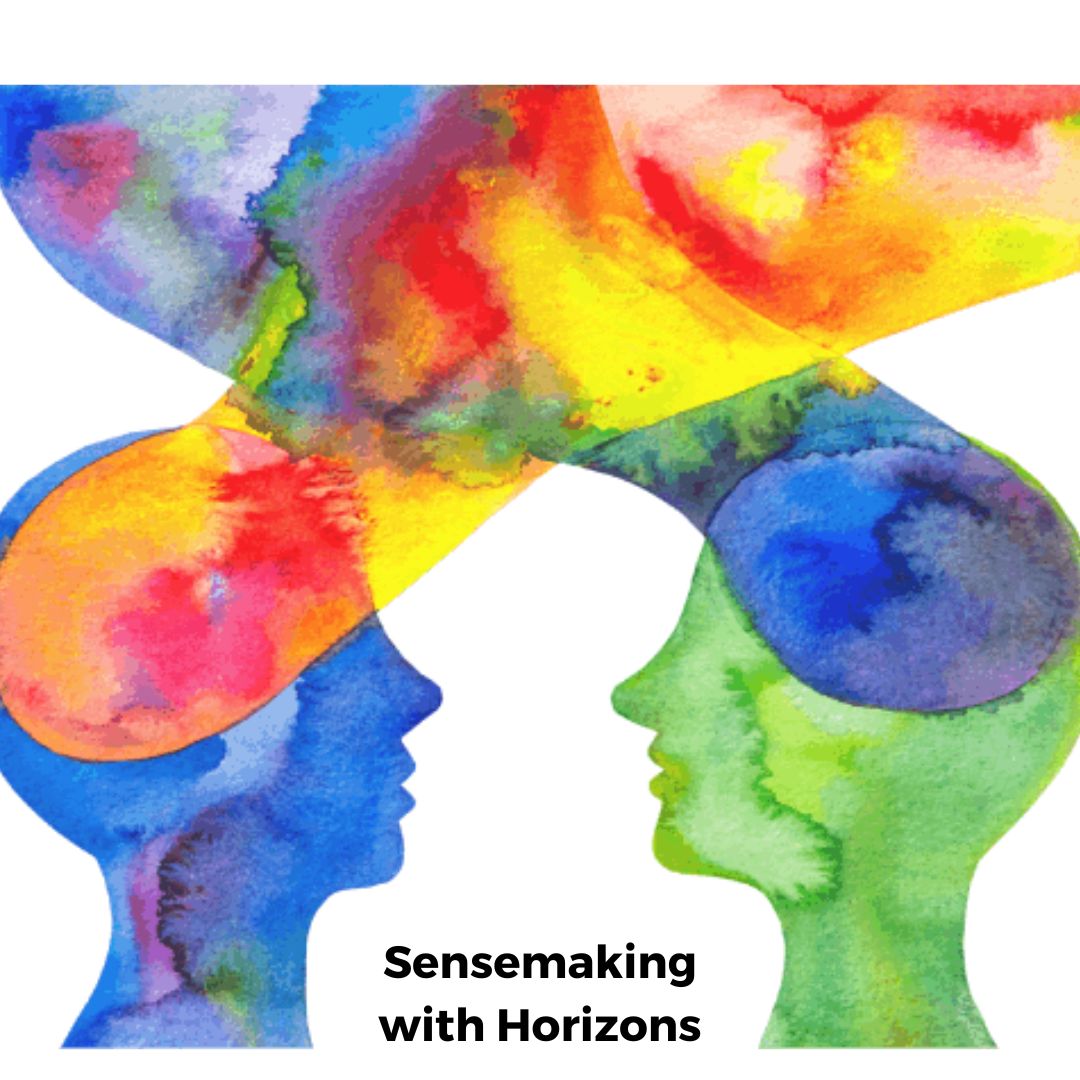Category: News

THE VISTA: November 2024
Here we are at the end of November on the other side of the US elections, and if you haven’t read enough post-election analysis yet, check out this crowdsourced bibliography...

THE VISTA: October 2024
As the month of October comes to an end, the US elections are finally upon us and there are many resources and insights to support all the diverse efforts underway....

Lessons from Around the World: Engaging ‘Pillars of Support’ to Uphold and Expand Democracy
*This article was written by Chief Organizer Maria J. Stephan and was first published on Just Security. Efforts in the United States to build a broad, cross-partisan, and cross-ideological pro-democratic front...

THE VISTA: September 2024
At the UN General Assembly this month, the Pact for the Future was passed, including two annexes: the Global Digital Compact and the Declaration for Future Generations. The School of...

Business for Democracy: A Call for Courage and Action
*This article was written by Chief Network Weaver Julia Roig. There is ample evidence that democracies around the world are being threatened by authoritarian populist forces, and that the best...

THE VISTA: August 2024
August has featured renewed energy about the upcoming elections, and we continue to focus on how to prevent election subversion in the US while taking stock of the ways states...

New Initiative Launched to Counter the Growing Threat of Political Violence in Communities across the US: HOPE-PV Campaign Moving People to Take “Courageous” Action
A groundbreaking initiative to address the growing threat of political violence in US communities is making its national launch. Because political violence poses a significant threat to democracy, security, and...

THE VISTA: July 2024
What a month! July started off with our Independence Day in the US, including many civic season celebrations around the country. While we are reeling from the murder of Sonya...

Sensemaking with Horizons: Shun Tucker-Allen, Senior Faith Partnerships Coordinator of Fair Count
The Horizons Project Director for Race & Democracy, Jarvis Williams, has a conversation with Shun Tucker-Allen, Senior Faith Partnerships Coordinator at Fair Count about her work organizing with faith communities...

Sensemaking with Horizons: What’s the Ask?
Chief Network Weaver, Julia Roig and Jarvis Williams, Director for Race & Democracy reflect on some of the natural tensions facing the work of organizers at the national and state...
